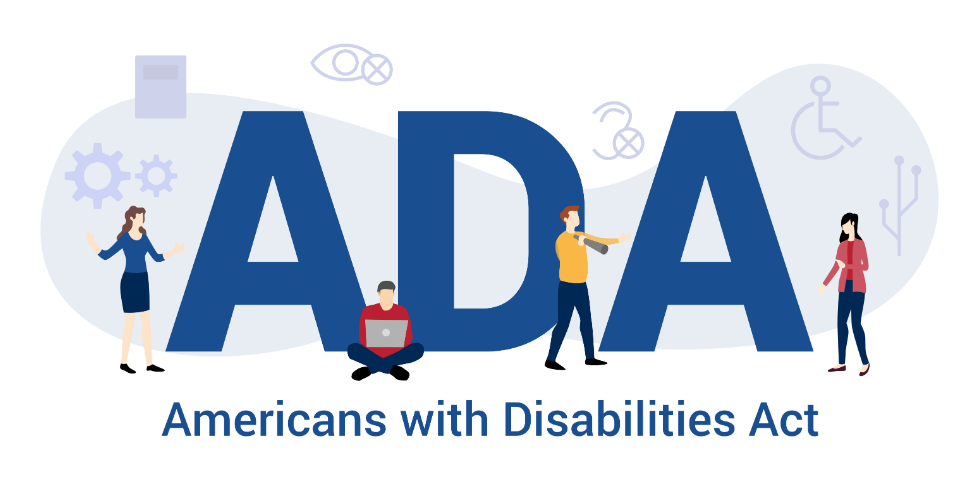This weekend marked the 30th anniversary of the landmark Americans with Disabilities Act (ADA). Since President George H.W. Bush signed the ADA into law on July 26, 1990, opportunities for the millions of Americans living with some form of disability have undoubtedly expanded, as they can no longer be denied access to jobs, school, transportation, or to public places. Not only did this civil rights law protect people with disabilities and ensure that they have the same rights and opportunities as anyone else, but it also helped raise awareness about the prevalence of disabilities as well as the essential role of disability benefits and services.
 Anyone can be impacted by disability, regardless of age or background. In fact, it is estimated that one in four of today’s twenty year-olds will become disabled before reaching retirement age — leading them to potentially depend on Social Security Disability Insurance (SSDI) benefits for either a short or prolonged period of time.
Anyone can be impacted by disability, regardless of age or background. In fact, it is estimated that one in four of today’s twenty year-olds will become disabled before reaching retirement age — leading them to potentially depend on Social Security Disability Insurance (SSDI) benefits for either a short or prolonged period of time.
While some disabilities can be visually observed because they may confine an individual to a wheelchair or otherwise limit their mobility, or leave them dependent on medical interventions such as oxygen, not all disabling conditions can be easily seen. Many SSDI claims every year cite various mental health conditions such as severe anxiety and depression or chronic conditions like diabetes that can complicate one’s health over time and increase susceptibility to serious illness. Currently, the ongoing spread of COVID-19 has brought more attention to the ways that health care and daily life can be much more difficult for those living with underlying health conditions.
The Americans with Disabilities Act ensured it would be possible for individuals living with a wide range of disabling conditions to pursue education and employment without discrimination or limitations based on their disability(ies). Since the ADA was signed into law, the number of disability beneficiaries has grown from just over three million to roughly eight million individuals each year!
We are grateful to be celebrating 30 years of inclusion and opportunity for disabled individuals. We look forward to continuing to help disabled individuals apply for and obtain SSDI benefits so they can prioritize their health and strive toward the life, and potentially the career, they want.
Nothing in this post is intended as advice or a suggestion to elect or not elect to claim benefits of any kind, including Social Security benefits, nor is it intended as financial advice in any way. The decision to claim benefits is a personal one that is contingent upon each individual’s unique circumstances.




